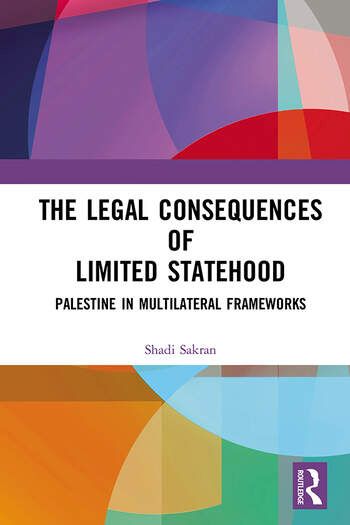
This book analyzes Palestine's acceptance as a State in multilateral frameworks and its legal consequences. Using Palestine as a case study, this book argues that participation in a State-reserved regime is not determined by the traditional requisites of statehood. UNESCO membership unveils the acceptance of Palestine as a State for the limited purpose of the organization, without any immediate or implicit implications for the statehood of Palestine. Palestine's accessions to various multilateral treaties demonstrate this argument as do its instruments of accession being accepted by the depositaries of both the United Nations Secretary-General and national Governments without requiring any clarification of the statehood question. This book also provides the first in-depth study of the legal relationship of the rights and duties of Palestine with different groups of State Parties; the recent dispute settlement brought by Palestine against the United States and Israel; and theoretical and practical challenges for Palestine in its acceptance as a State in multilateral frameworks. The book will be of interest to scholars and students of international law, legal theory, state law, and Middle East studies.